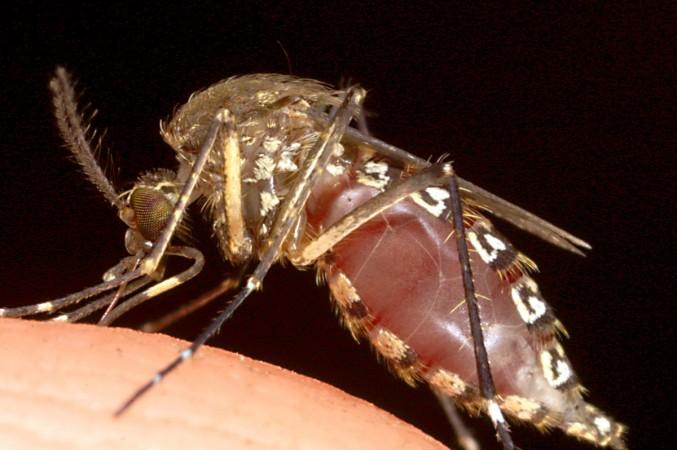
There is a new virus that Indians need to worry about. Even when the country is still reeling from the COVID-19 pandemic, ICMR scientists have now flagged presence of another Chinese virus called 'Cat Que Virus'.
This virus has "potential" to cause the spread of disease in India. If one is infected by CQV it can cause febrile illnesses, meningitis and paediatric encephalitis in humans.
Two cases of CQV in Karnataka
According to seven researchers at the Indian Council of Medical Research's National Institute of Virology in Pune, the presence of Cat Que Virus in Culex mosquitoes and pigs has been reported in China and Vietnam. Due to the spread of similar species of the Culex mosquitoes in India, there is a need to understand the replication kinetics of this virus.
The researchers said that the presence in Culex mosquitoes, in China and pigs in Vietnam suggested susceptibility of Asian countries to CQV. This is where India comes into the picture.
The scientists discovered antibodies for the tropical virus in two out of the 883 human serum samples tested across states. It indicates that these two people were infected with the virus at some point in time. The two individuals in India belonged to Karnataka, one in 2014 and the other in 2017.
"Anti-CQV IgG antibody positivity in human serum samples tested and the replication capability of CQV in mosquitoes indicated a possible disease-causing potential of CQV in the Indian scenario. Screening of more human and swine serum samples using these assays is required as a proactive measure for understanding the prevalence of this neglected tropical virus, the research published in Indian Journal of Medical Research in June stated.
In the Indian context, "data showed that mosquitoes such as Ae. aegypti, Cx. quinquefasciatus and Cx. Tritaeniorhynchus were susceptible to CQV. Thus, mosquitoes were found to be a potential vector for CQV transmission to mammalian hosts", a scientist stated.
According to the apex research body, domestic pigs are the primary mammalian host of CQV and antibodies against the virus have been reported in swine reared locally in China, indicating that CQV has formed a natural cycle in local areas. It is not known if India has already experienced a wave of the virus as only two specimens have so far been reported.
(With inputs from IANS.)

















